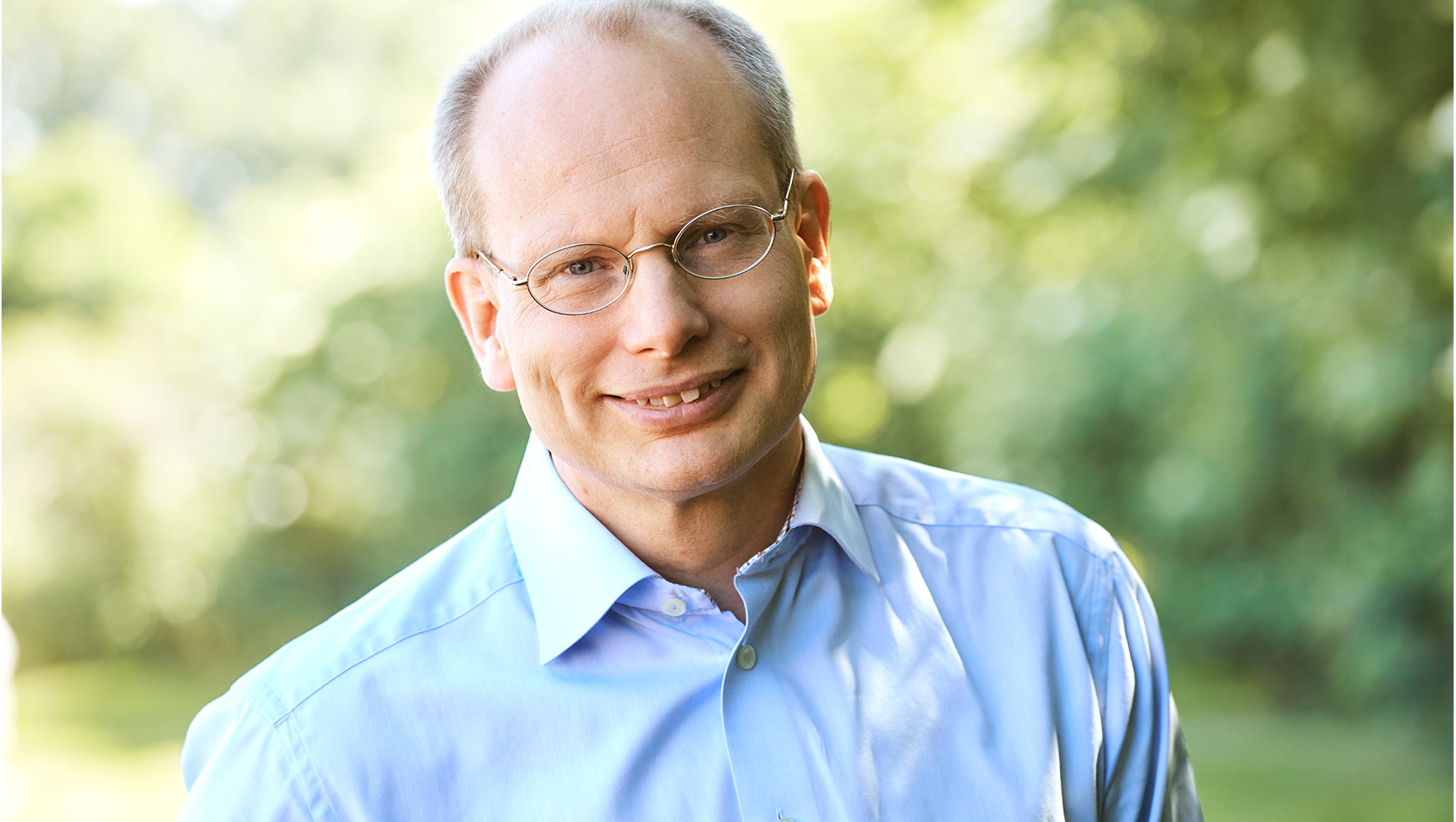“We need to have a holistic perspective”


First and foremost: how has the on-going pandemic affected your customers within public transport?
“All over the world, social distancing is a key measure in containing the Covid-19 virus. More people are working from home and even with masks, people feel less comfortable travelling together with public transport. In some countries, operators try to facilitate social distancing by deploying more buses, but all of this combined has led to a decline in patronage (ridership) as well as services. The situation for many bus operators is very challenging, just as for other industries dealing with transport of people like airlines, taxis et cetera.
What will happen next?
“It is still a little early to see what the new normal patronage will be but we firmly believe that public transport will re-surface as people start to travel again post-covid. To address the sustainability issues and create the cities of the future we will still need to travel together – so in the longer term the need for public transport will continue to grow.”
Besides the Covid-19 pandemic, what is the most urgent issue to handle in the world´s growing cities?
“In my role, I have the privilege of meeting mayors of different cities across the world. They all have one goal at the top of their agenda – to create sustainable cities where people want to live.”
What’s the recipe for that?
“We really need to think about how we’re going to transport people, goods and waste – efficiently and safely. To do this in the most sustainable way, we need to highlight three topics: congestion, emission and noise.”
Why these three topics in particular?
“There is a study from the World Health Organization saying that 30% of people living in Europe are disturbed by noise, and it has also been proven that the disturbance in its turn creates health issues.
Poor air quality caused by emissions is a growing, well-known problem in many of the big cities around the world. And when it comes to congestion, it’s a major cost to society besides the obvious fact that no one wants to be stuck in a traffic jam. So, to drive quality of life and create a healthy environment for people to live in, we need to address these topics.”
It sounds like a tough challenge.
“Yes, it is. But on the other hand, there are major technology trends that create new possibilities: electromobility, connectivity and automation. By utilizing these technologies Volvo Group can be a driving force in creating the sustainable cities of the future.”
How can these technologies help us?
“For instance, with electromobility we can create new modes of transport that are silent and emission-free. This means that we can bring public transport closer to people’s needs, for instance, entering a hospital to ease pick-up.
And when it comes to goods and waste transport, it could be done during nighttime, which would free up the road capacity for daytime transport, thereby solving congestion problems.”
How do you envision an ideal future city?
“It’s a green, silent city where we feel safe, and where we focus on the important things in life rather than being stuck in traffic. For me, the ideal city is a sustainable city where we can live for generations to come.”
How can we reach that vision?
“We need to have a holistic perspective and look at the whole system: vehicles, charging infrastructure and traffic flows, and we need to combine them all together. We need to work in new ways, because we need to bring together a broader set of stakeholders to succeed. We also need to put even more focus on health issues and the environment, so we can bring in those aspects when different solutions are being evaluated. That is extremely important.
Håkan Agnevall, President of Volvo Buses
Location: Lundby, Gothenburg, Sweden
When not working: Håkan spends time with his family and friends, and really enjoys alpine skiing, hiking and other outdoor sports.
Moving on: Håkan has led Volvo Buses since 2013 and during that time the Volvo Bus organization has pioneered the electromobility transformation. Håkan was recently appointed President and CEO for Wärtsilä Corporation, where he will commence in the new role no later than April 2021.